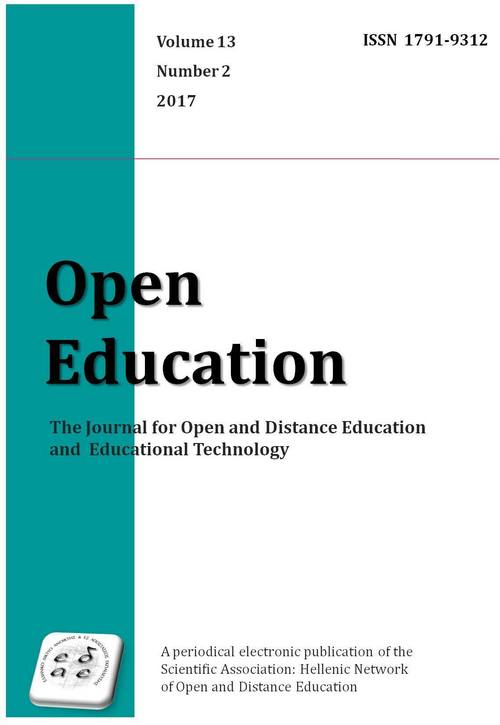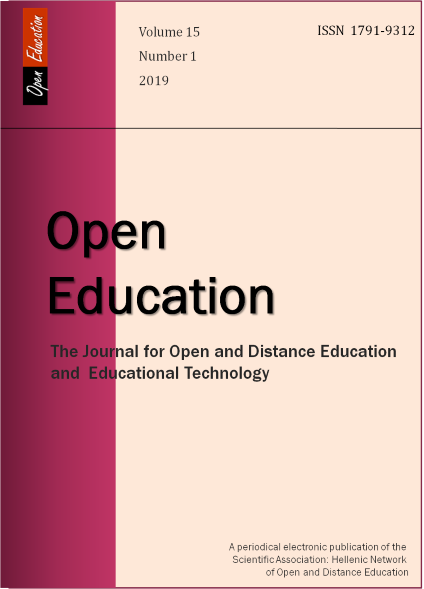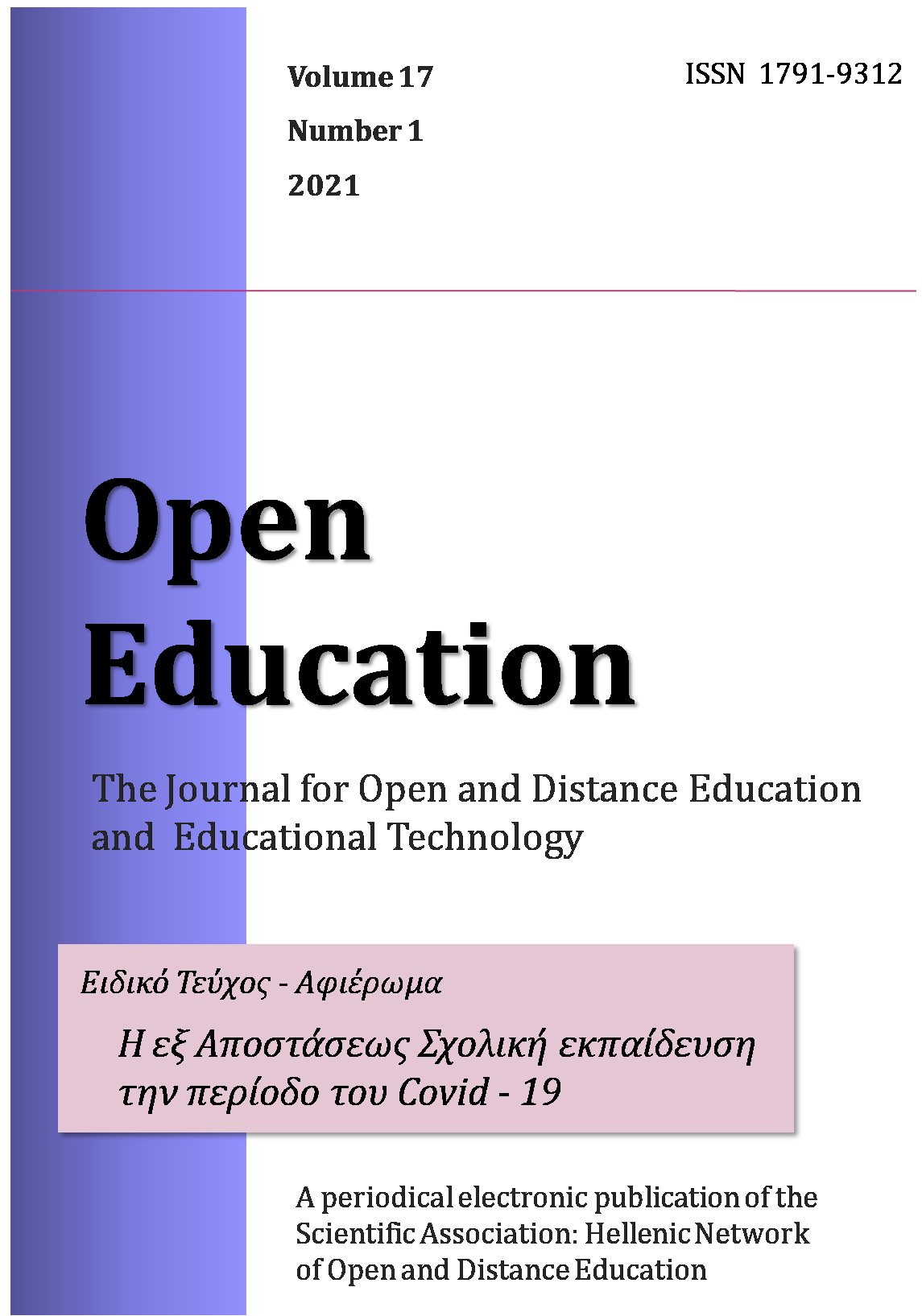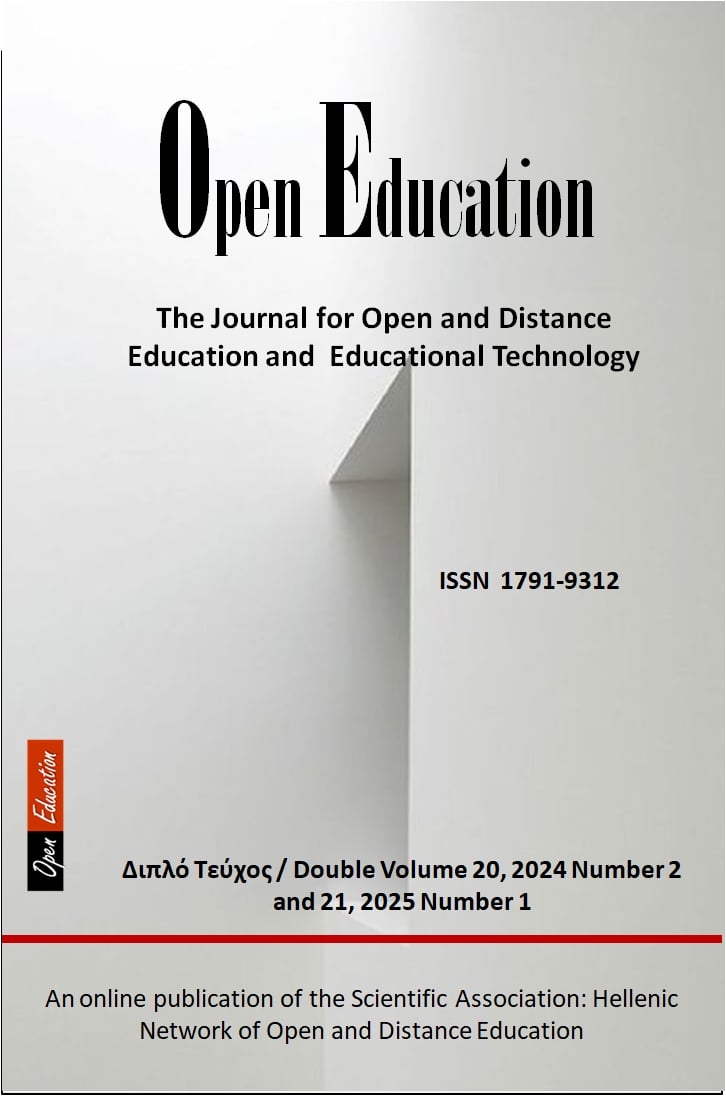Instructional Design of the WaW e-courses
Abstract
The current paper describes the process of the instructional design for the production of the WaW project e-learning courses by adapting the handbooks generated at intellectual outputs 3 and 4 (IO3, IO4: “21st Century Skills Handbook” and “Crowd-funding Handbook”) to e-learning context. The aim was to produce and develop online e-learning materials suitable for the needs of the target group, as well as to develop innovative online learning content, e.g. video courses, animation, scenarios, etc, in order to foster learning and self-development skills. Users will be females representing all the different target groups while being either employed or unemployed, interested in creating the appropriate mindset and conditions. The ADDIE model (Analysis, Design, Development, Implementation, and Evaluation) was used for the production of the e-courses, not only because it is the generic process traditionally used by instructional designers and training developers, but mostly because it represents a dynamic, flexible guideline for building effective training and performance support tools. Instructional theories, such as behaviourism, constructivism, social learning and cognitivism, were taken into account as they also play an important role in the design of instructional materials.
Article Details
- Come citare
-
- Fascicolo
- V. 13 N. 2 (2017)
- Sezione
- Μέρος δεύτερο / Section 2






